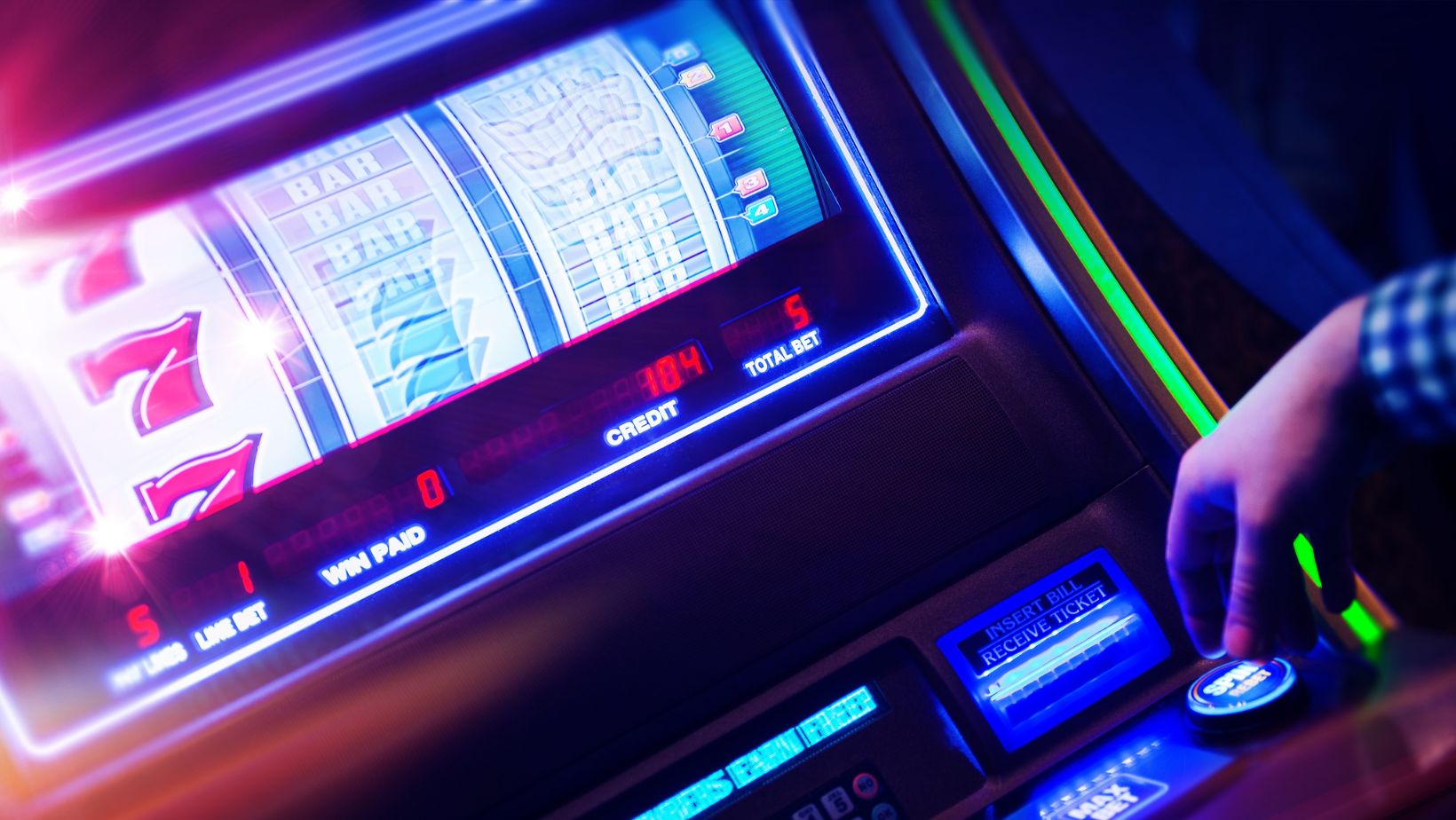People naturally want to be part of things. It often feels good to be involved instead of just watching from the sidelines. That’s why many people like interactive experiences. They create a sense of value and engagement for the participant.
When you’re involved, it’s easier to stay interested. Your mind stays active, and you become part of what’s happening. Interaction turns entertainment into something that feels more personal and exciting.
Table of Contents
ToggleThey Make You Feel Involved
Feeling included changes everything. When people are allowed to join, entertainment becomes more engaging. Small actions, like choosing a game setting or reacting in real time, significantly enhance the user experience.
In the United States, sports arenas often use interactive apps that allow fans to check player stats, participate in trivia, or cast votes during breaks. These tools make it easy for audiences to access player and game statistics anytime.
Across the Atlantic, the United Kingdom brings interactivity to living rooms through television apps that let viewers play along with quiz shows or reality competitions.
Canada’s online casino games follow the same trend. Players can engage with live dealers and make real-time decisions that shape each round. These features create a space where users don’t just watch—they participate. This direct involvement allows them to influence the game’s outcome.
Platforms across these regions are moving toward formats that prioritise the user. Interaction is no longer optional—it’s expected. When users get involved, they form a stronger, more lasting connection to the experience.
They Hold Your Attention
Staying focused in a world full of distractions isn’t easy. But your brain naturally pays closer attention when something asks you to join. Action and response turn passive watching into a more active experience.
Think of a concert where fans wave their phones to change the lighting effects or a game where your choices decide what happens next. These moments demand attention and reward them with immediate feedback. That kind of interaction makes it hard to look away.
Studies have shown that active engagement boosts concentration. When viewers are invited to respond—voting, chatting, or pressing a button—they tend to stick around longer. Their minds are working with the content, not just sitting back.The best experiences offer small, steady prompts to keep users involved. They keep the mind alert and the emotions engaged, turning simple entertainment into a gripping, personal event.
They Add Personal Meaning
Customising an experience makes it feel more valuable. When entertainment responds to your choices, it becomes uniquely yours. This sense of control can turn even small actions into memorable moments.
Users can select their avatars on many digital platforms, choose difficulty levels, or follow different story paths. These options may seem minor, but they help shape the overall feel of the experience. People enjoy entertainment more when they’ve had a hand in building it.
This personal connection often leads to stronger emotional responses. Because users see their preferences reflected in the outcome, they feel more connected to what happens. It becomes something they’ve helped shape rather than just something predetermined.
What’s more, the ability to make changes—even small ones—gives people a sense of control. And in a digital world where much feels out of reach, that kind of control feels rewarding.
They Build Real Connections
Community plays a significant role in why people enjoy entertainment. Watching or playing with others adds energy and creates shared memories. These shared experiences form a connection that stays with people long after the moment ends.

Online platforms also bring people together. Features like live chat, group voting, and team challenges allow users to interact in real-time. These shared actions help form a bond, even between strangers.
It’s not just the technology that matters—it’s the feeling of joining in. That sense of “we’re in this together” adds joy and meaning to the experience. And when people feel connected, they’re more likely to return.
They Make the Experience Memorable
What people help create, they remember. Interactive experiences tend to stick in our minds longer because they ask us to do something. We’re not just watching—we’re making decisions, reacting, and shaping what unfolds.
Consider the difference between watching a show and playing a game with multiple endings. The second option often leaves a deeper impression because the outcome reflects your choices. It becomes a story you helped write.
That memory stays strong because it’s tied to action. When users are actively involved, they form clearer mental links and emotional responses. These experiences become stories they tell and moments they revisit.
Ultimately, the most lasting entertainment is the kind that doesn’t just entertain—it invites people to step in and take part. That’s what makes it truly unforgettable.
Final Words
Interactive experiences stand out because they make us feel included and connected. They give us a voice and a way to shape what happens. It’s clear that when we’re invited to attend, we care more and remember more.
A game, show or live event becomes much more exciting when people are included in the action. It’s what turns ordinary moments into something delightful.





